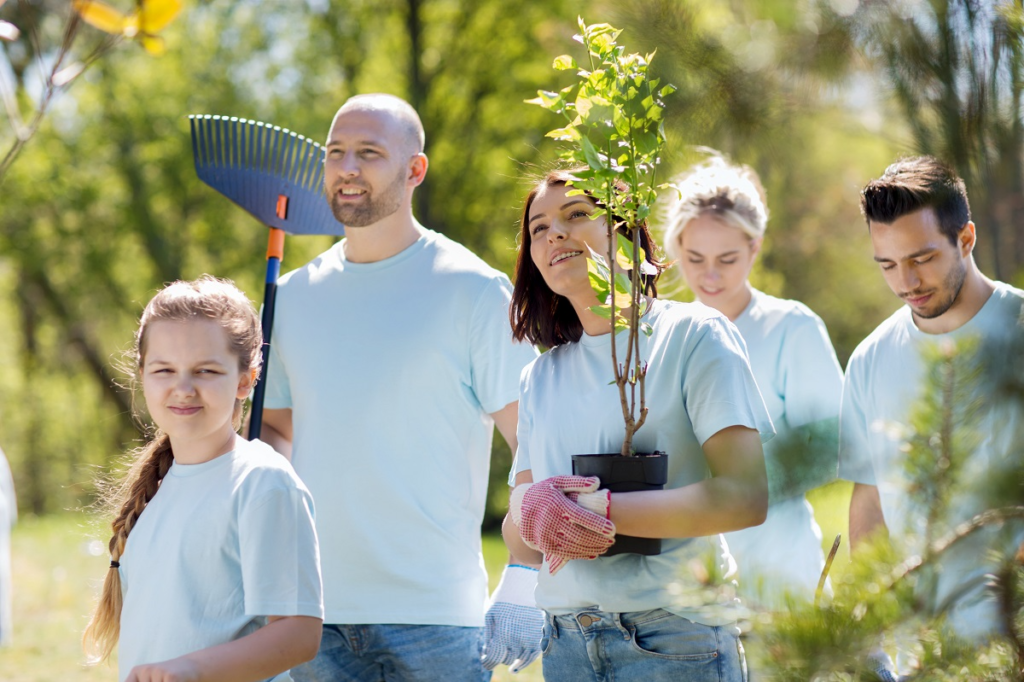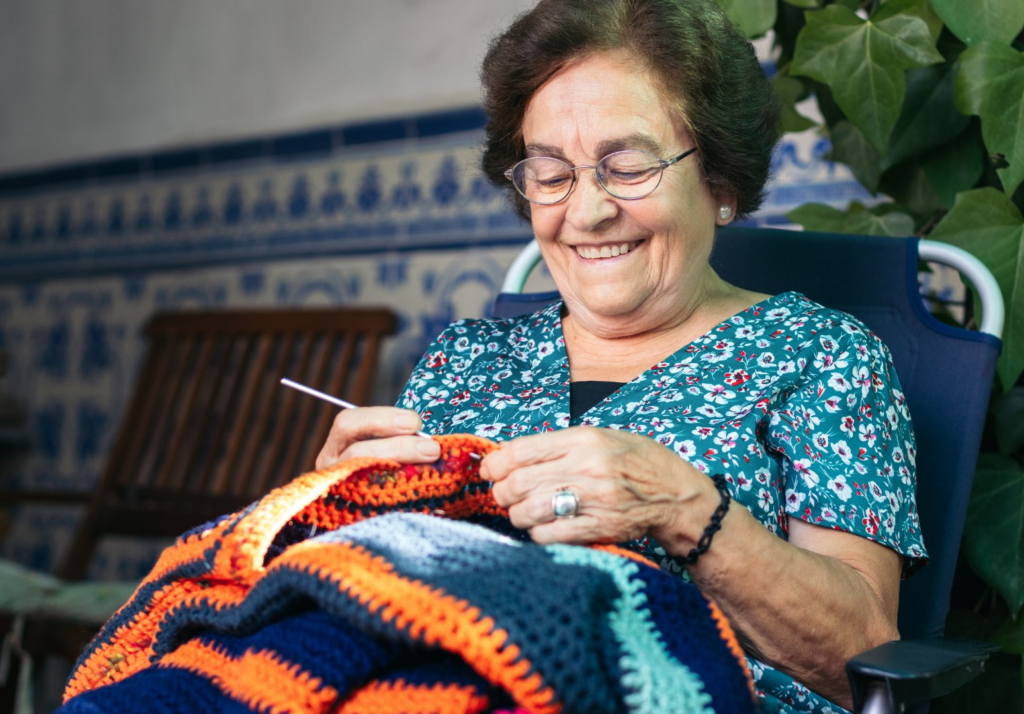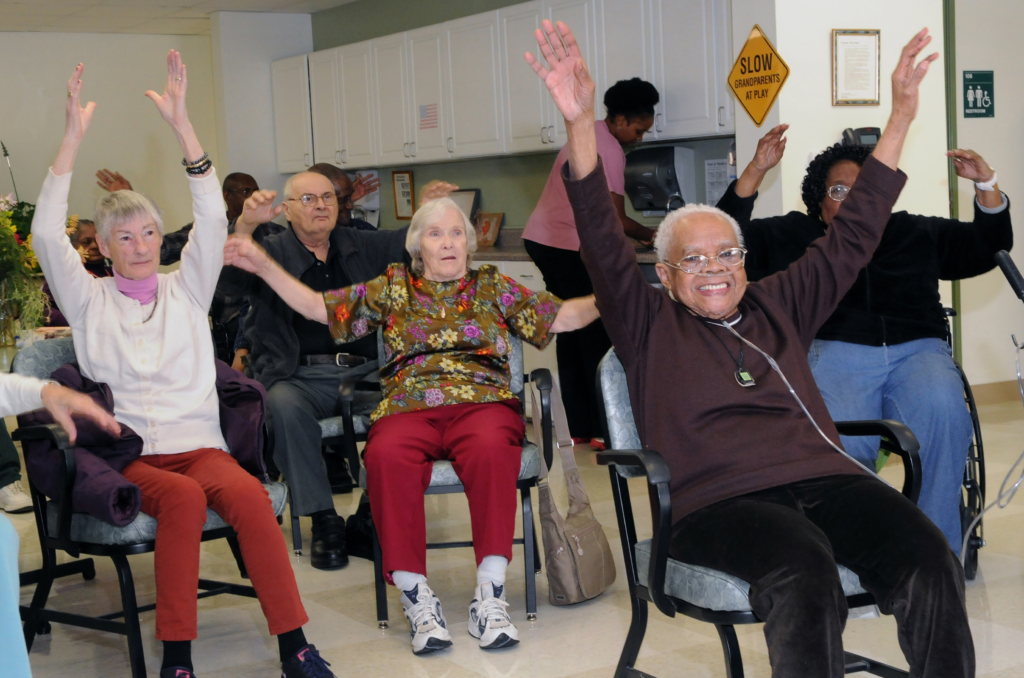Loneliness. It’s a word often associated with teenagers yearning for connection, but it can strike just as powerfully in adulthood. We might be surrounded by colleagues, texts from friends, or even a bustling family life, yet a persistent ache of loneliness can linger. This unexpected feeling can be confusing and isolating, leaving us wondering why we feel so alone even when we’re not truly by ourselves.
The Biology of Loneliness
Just like hunger and thirst are our bodies’s way of telling us we need nourishment, loneliness serves a similar purpose. It’s a primal signal that our social needs aren’t being met. Throughout history, strong social bonds have been crucial for survival. Though we’ve moved on from hunting and gathering, those connections remain essential for our well-being. Solid social ties provide a sense of belonging, support, and access to a wider network of resources, all contributing to a healthier and happier life.
The mental and physical health effects of feeling lonely
Mental health effects
The sting of loneliness isn’t just emotional; it can have a significant impact on our mental well-being. Chronic feelings of isolation have been linked to a rise in several mental health issues. Depression and anxiety can be exacerbated by loneliness, as the lack of social connection can leave us feeling hopeless and on edge. Even our cognitive abilities can be affected, with research suggesting a link to dementia and a decline in memory and focus. Loneliness is a powerful force, and addressing it is crucial for maintaining good mental health.
Physical Health Effects
The consequences of loneliness extend far beyond emotional distress. Studies have shown a strong link between social isolation and a variety of physical health concerns. Loneliness can increase your risk of developing heart disease, obesity, and high blood pressure. It can also weaken your immune system, making you more susceptible to illness, and disrupt your sleep patterns. Perhaps most alarmingly, research suggests loneliness can even contribute to an increased risk of death. In light of these significant mental and physical health risks, seeking social support and building strong connections is vital for our overall well-being. It’s not just about feeling good; it’s about staying healthy.
How Loneliness Affects Older Adults
Vulnerable older adults are particularly susceptible to the double threat of social isolation and loneliness. The National Institute on Aging highlights the social and health changes that often accompany aging as key contributors. Hearing loss, vision problems, memory decline, physical limitations, and transportation difficulties can all make social interaction more challenging. The loss of loved ones, whether through death or distance, only deepens the sense of isolation.
Despite these very real reasons for feeling lonely, it’s a topic many find difficult to discuss. While most of us have experienced loneliness at times, chronic loneliness can bring feelings of isolation and shame. But there’s hope. Loneliness doesn’t have to be a permanent fixture in our lives, especially for older adults.
Tips for Coping with Loneliness
1. Find a Hobby
One fantastic weapon in the fight against loneliness is picking up a new hobby. Beyond the sheer enjoyment of exploring a new activity, joining a class or group focused on your chosen interest can be a game-changer for your social life. Suddenly, you’re surrounded by people who share your passion, creating a natural springboard for conversation and connection. This can be a powerful way to expand your social circle and combat feelings of isolation.

2. Schedule regular socializing
Nurturing existing relationships is another key weapon against loneliness. Make time to connect with loved ones! Scheduling regular catch-ups, like a weekly lunch date with a friend or a game night with family, provides a consistent source of social interaction and strengthens your existing bonds. These dedicated times together go beyond the quick hellos and chit-chat of everyday life, fostering deeper connections and combating feelings of isolation.

3. Embrace technology
In today’s tech-driven world, technology can be a powerful weapon against loneliness. Social media platforms and video calls offer an easy and convenient way to stay connected with loved ones, even if distance creates a physical barrier. Whether it’s a quick check-in on Facebook or a scheduled video chat to catch up in real-time, technology bridges the gap and helps us feel less isolated.

4. Try movies about loneliness
Feeling lonely? You’re not alone (even though it feels that way sometimes). Movies can be a surprising source of comfort and connection. Curling up with a film that explores themes of loneliness can be a cathartic experience. You might see your own feelings reflected on screen, and the story could offer a sense of validation or even a glimmer of hope. Sharing a movie about loneliness with a friend or loved one can spark meaningful conversations and create a shared experience, further chipping away at feelings of isolation. So, grab some popcorn, dim the lights, and let the stories wash over you. You might just find yourself feeling a little less alone.

5. Loneliness memes
In the age of digital connections, sometimes humor is the best medicine. Loneliness memes are a surprisingly relatable phenomenon. Scrolling through a feed of funny (and painfully accurate) loneliness memes can provide a sense of solidarity. Knowing others understand the struggle can be strangely comforting, and a good chuckle can lighten the mood. So next time loneliness strikes, don’t be afraid to embrace the world of loneliness memes. You might just find yourself feeling a little less alone and maybe even discover a new online community.

6. Community Activities
Stepping outside your door and into your community can be a powerful antidote to loneliness. There are a wealth of activities waiting to be explored! Whether it’s invigorating your body and mind with a group exercise class outdoors, finding inner peace with a yoga session, or unleashing your competitive spirit at a local game night, your community center is likely brimming with options. These activities not only provide a healthy dose of social interaction but can also introduce you to new people and hobbies, fostering a stronger sense of belonging.

7. Use the Eldercare Locator
In the USA, older adults struggling with loneliness can find support through the Eldercare Locator. This free program, funded by the Administration on Aging, connects them and their families to a network of helpful resources. From transportation to medical appointments to social groups for connection, Eldercare Locator can be a key partner in promoting well-being and combating loneliness.

8. Loneliness test
Loneliness can be a complex emotion, and it’s not always easy to tell if you’re truly feeling lonely. If you suspect loneliness might be affecting you, taking a loneliness test can be a helpful first step. These online tests typically ask questions about your social connections, feelings of isolation, and overall sense of belonging. While not a diagnosis, a loneliness test can provide valuable insights into your emotional state. The results can help you determine if you might benefit from additional support or simply raise awareness of areas you might want to focus on to strengthen your social connections.

9. Practice Self-care
Don’t underestimate the power of self-care in combating loneliness. Taking care of yourself physically and mentally sets the foundation for a strong social life. Make sure you’re getting enough sleep to feel energized and engaged with others. Nourish your body with healthy foods to maintain your mood and overall well-being. Regular exercise is a double win, boosting your mood and potentially introducing you to new people through group fitness classes or outdoor activities. Finally, don’t neglect your health appointments. Taking charge of your physical health can improve your confidence and energy levels, making social interaction more enjoyable.

10. Avoid Comparing
Scrolling through social media feeds filled with carefully curated vacations and seemingly endless friend gatherings can be a recipe for loneliness. It’s easy to fall into the trap of believing everyone else has a more vibrant social life than you. But remember, social media is a highlight reel, not a documentary. People tend to post the best moments, not the mundane or lonely ones. Don’t compare your behind-the-scenes reality to someone else’s carefully crafted online persona.

11. Talk to a healthcare professional
When loneliness feels overwhelming, remember that you don’t have to navigate it alone. Talking to a healthcare provider, therapist, or mental health professional can be a powerful step towards feeling better. They can equip you with coping skills to manage social anxiety and loneliness in the moment. By exploring the roots of these feelings and developing healthy strategies, you can improve your emotional well-being and build a stronger sense of connection. With the right support, you can move from feeling isolated to feeling empowered.

12. Daily Connections
Don’t underestimate the power of small interactions! Even a brief conversation with the cashier at the grocery store, a friendly wave to your neighbor, or a quick chat with the mail carrier can be a small act with a big impact. These micro-moments of social connection can help chip away at feelings of isolation and loneliness. A simple “hello” or a shared observation about the weather can create a spark of connection and remind you that you’re not alone in the world. So the next time you’re out and about, make a conscious effort to strike up a conversation, no matter how brief. You might be surprised at the positive impact it can have on both you and the other person.

13. Be Honest
Loneliness doesn’t have to be a silent struggle. Reach out to a family member, friend, or someone you trust. You’d be surprised at how many people understand what you’re going through. Sharing your feelings can be a weight lifted, and they might even offer support or suggest ways to connect. Remember, chronic loneliness can take a toll on your well-being, so don’t hesitate to open up and seek connection.

14. Volunteer
Volunteering your time is a win-win for combating loneliness. Helping others not only fosters a sense of purpose and connection to your community, but it can also bring you together with like-minded people who share your values. The act of giving back can trigger feelings of altruism and boost your overall well-being, leaving you feeling more satisfied and positive.




